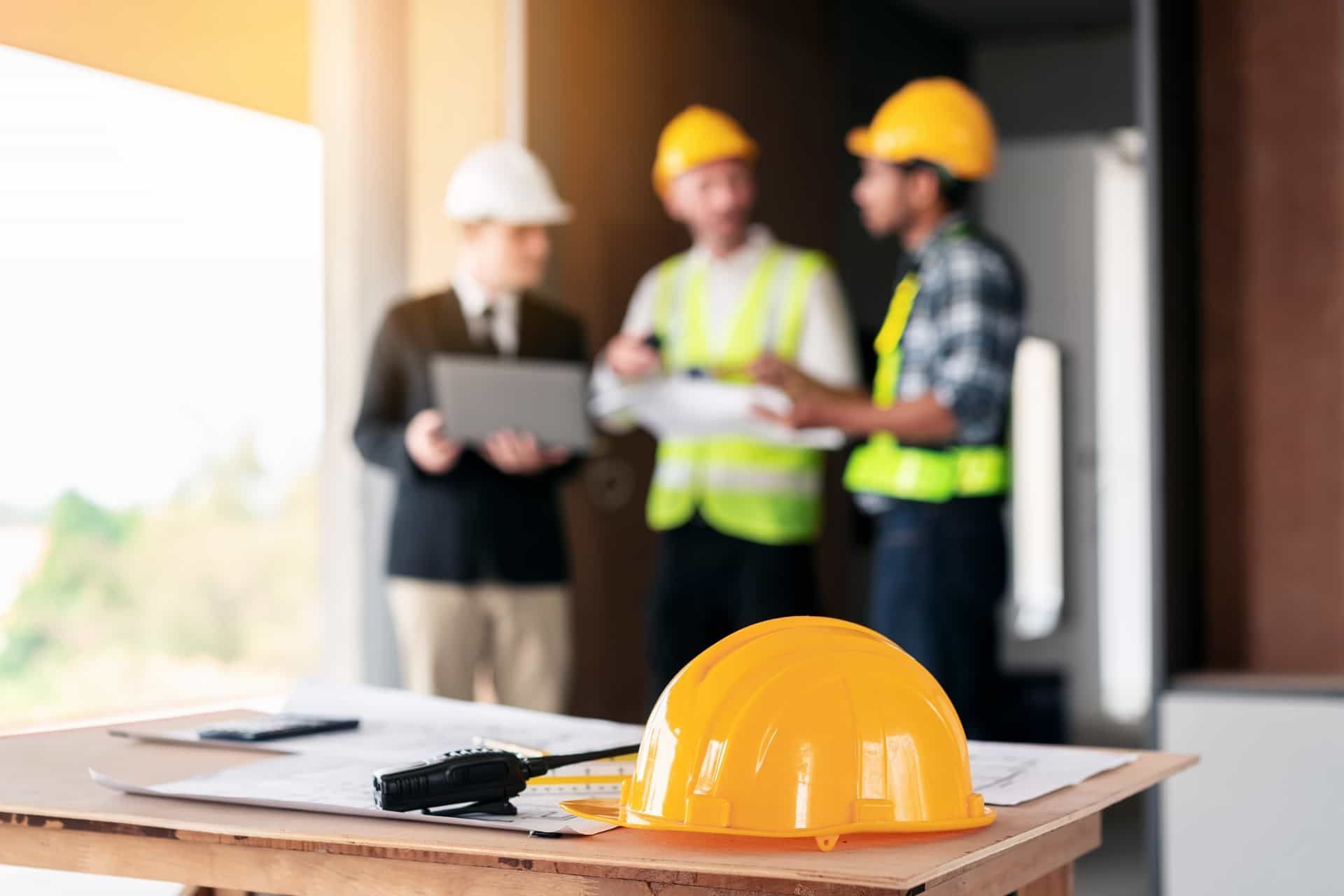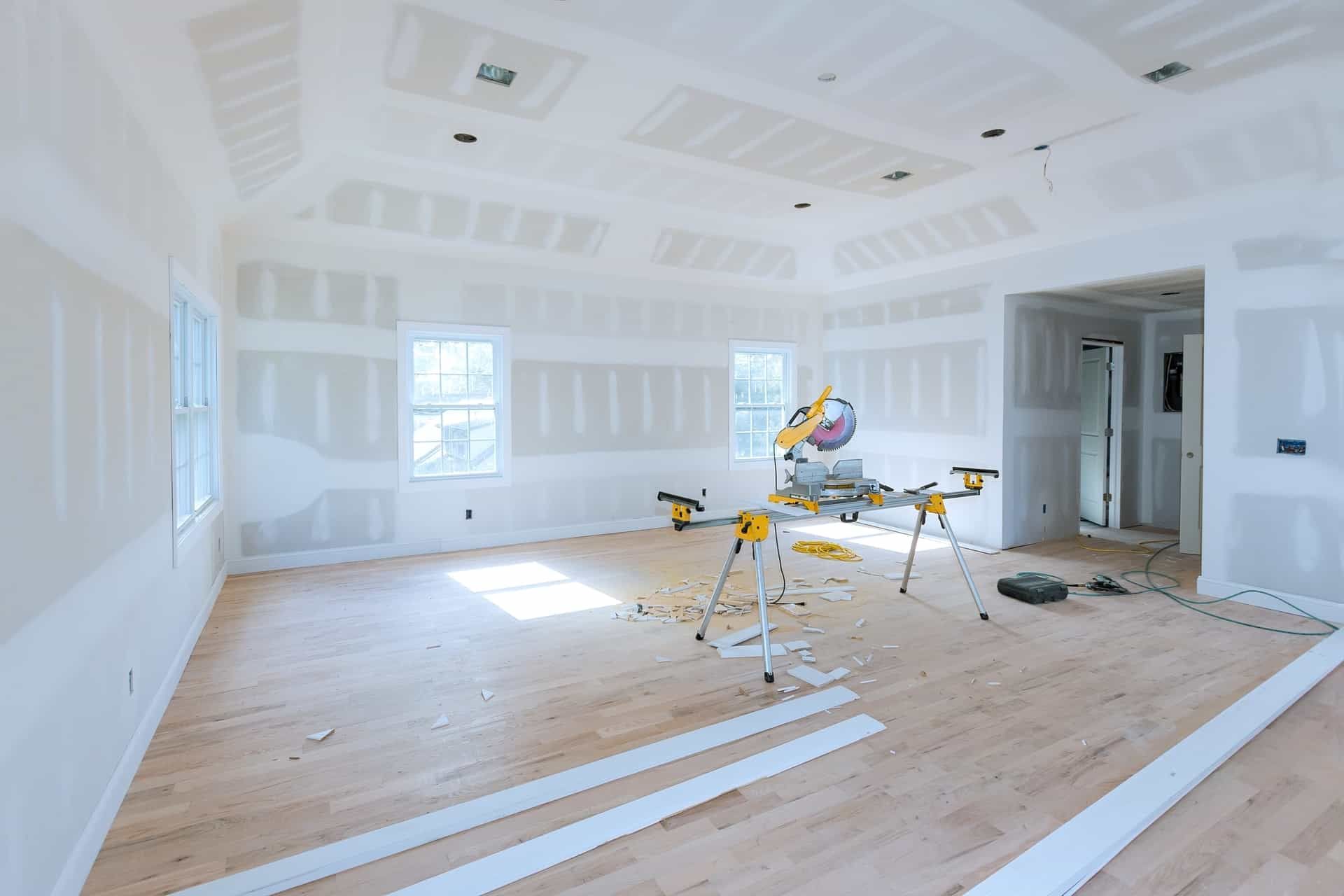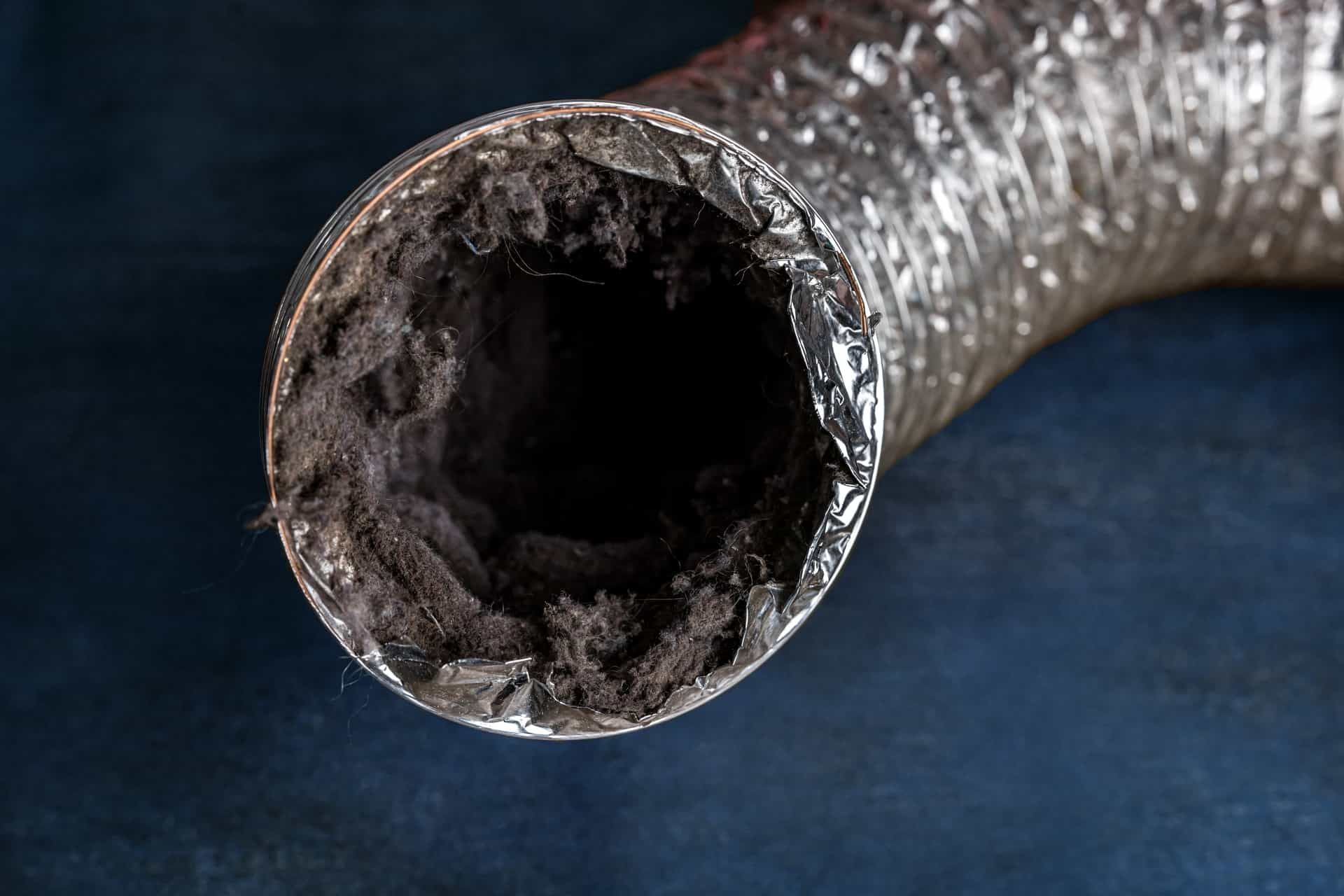What Is Forced-Air Heating? 2024 Guide
Forced-air heating is a popular heating system that keeps homes warm by circulating heated air through a network of ducts. It’s efficient, quick, and commonly used in many homes across North America. But how does it work, and what are its advantages and drawbacks? This guide will answer all your questions about forced-air heating, helping you decide if it’s the right choice for your home.
How Does Forced-Air Heating Work?
Forced-air heating systems use a furnace to heat air blown through ducts and vents into each house room. Here’s a simple breakdown of how it works:
- Heating the Air: The furnace heats the air using natural gas, electricity, propane, or oil.
- Blowing the Air: A blower fan pushes the air through the ducts.
- Distribution: The warm air travels through the ducts and exits through vents in each room, quickly warming up the space.
- Returning Cold Air: Cool air returns to the furnace through separate vents, where it is reheated and circulated again
This continuous process ensures that rooms stay at a steady temperature. Because the system uses ducts, it can also be combined with an air conditioning system to provide year-round comfort.
What Types of Forced-Air Systems Are There?
Forced-air systems come in a few types, mainly based on the fuel source:
- Gas Furnaces: These are the most common and use natural gas to heat the air.
- Electric Furnaces: These use electricity and are usually more expensive to run but more accessible to install.
- Oil Furnaces: Common in areas without natural gas access, oil furnaces are effective but require regular maintenance.
- Propane Furnaces: Often used in rural areas, propane furnaces are similar to natural gas systems but use propane as fuel.
Each type has pros and cons, but all work on the same principle of heating and blowing air through ducts. Each type of heating system has its own pros and cons, but all work on the same principle of heating and blowing air through ducts. When conducting a home inspection, it's important to evaluate the condition of the system, check for any signs of wear or damage to the ducts, and ensure proper airflow and efficiency.
Why Choose Forced-Air Heating?
Forced-air heating is popular because it heats rooms quickly and can be paired with an air conditioning system. Here are some of the main benefits:
- Quick Heating: Forced-air systems heat homes faster than other systems, like radiant or baseboard heating.
- Whole-Home Comfort: With ducts reaching every room, forced-air heating keeps the entire home at a consistent temperature.
- Good Air Quality: When combined with air filters, forced-air systems can improve indoor air quality by removing dust and allergens.
- Cost-Effective: Forced-air heating can be an economical choice, especially with natural gas.
What Are the Downsides of Forced-Air Heating?
While effective, forced-air heating does come with some downsides. Here are a few things to consider:
- Noise: The blower fan can be noisy, especially in older systems.
- Duct Maintenance: Dust and allergens can build up in the ducts over time, so regular cleaning is essential.
- Inconsistent Heating: Due to duct layout, certain rooms may feel warmer or cooler than others.
- Energy Loss: Heat can be lost through ducts, especially if not well-insulated.
Understanding these factors can help you decide whether forced-air heating suits your home.
How Do You Maintain a Forced-Air Heating System?
Maintaining your forced-air heating system ensures it runs efficiently and lasts longer. Here are some maintenance tips:
- Change Filters Regularly: Filters trap dust and allergens but can get clogged over time. For optimal performance, change them every 1-3 months.
- Clean the Ducts: Dust and debris can build up in the ducts, reducing efficiency and air quality. Consider professional duct cleaning every few years.
- Check for Leaks: Ducts can develop leaks over time, leading to heat loss. Seal any leaks to keep your system efficient.
- Schedule Annual Inspections: Have a professional inspect your furnace annually to catch any issues early and ensure safe operation.
Routine maintenance keeps your system running smoothly and helps avoid costly repairs.
Is Forced-Air Heating Energy-Efficient?
The energy efficiency of a forced-air heating system depends on its age, the type of fuel it uses, and its maintenance. Newer systems are often highly efficient, especially those with an Annual Fuel Utilization Efficiency (AFUE) rating of 90% or higher.
Gas and propane furnaces tend to be more energy-efficient than electric ones. Adding a programmable thermostat can also improve efficiency by adjusting the temperature based on when you’re home or away.
Can Forced-Air Heating Improve Air Quality?
If maintained well, forced-air heating systems can positively impact indoor air quality. By using air filters, these systems can trap dust, pollen, and other allergens, making the air cleaner. For the best air quality, use high-quality filters and change them regularly. You can also consider upgrading to HEPA filters, which capture even smaller particles for even cleaner air. In addition to filter maintenance, it's important to regularly inspect your heating system for mold growth. Mold can thrive in areas where moisture accumulates, such as in ducts or near humidifiers. A thorough mold inspection ensures that harmful spores aren't circulating through your home, helping to maintain a healthier indoor environment.
How Does Forced-Air Heating Compare to Other Systems?
When comparing forced-air heating to other types, like radiant heating or heat pumps, here’s what stands out:
- Forced-Air vs. Radiant Heating: Radiant heating provides steady warmth without moving air, making it quieter and less likely to stir up allergens. However, forced-air heats rooms more quickly.
- Forced-Air vs. Baseboard Heating: Baseboard heaters are often used as supplemental heating and are less efficient for whole-home heating. Forced air is generally more powerful and better for larger homes.
- Forced-Air vs. Heat Pumps: Heat pumps are energy-efficient and can heat and cool, but they might not be as effective in frigid climates. Forced-air systems paired with an air conditioner are versatile for year-round comfort.
Is Forced-Air Heating Right for You?
Forced-air heating is ideal if you want fast, whole-home heating and the flexibility to add air conditioning. However, if you prefer a quieter, dust-free environment, you might consider radiant heating or another option. It ultimately depends on your heating needs, budget, and personal preferences.
Conclusion
Forced-air heating is a popular choice for many homeowners due to its fast, efficient heating and potential for good air quality. Understanding how it works, the maintenance involved, and its pros and cons will help you decide if it is right for your home.
Need help choosing or inspecting a heating system? Contact Guardian Angel Inspections today for expert advice!
Disclaimer: The information on this website and blog is for general informational purposes only and is not professional advice. We make no guarantees of accuracy or completeness. We disclaim all liability for errors, omissions, or reliance on this content. Always consult a qualified professional for specific guidance.
Share this entry







